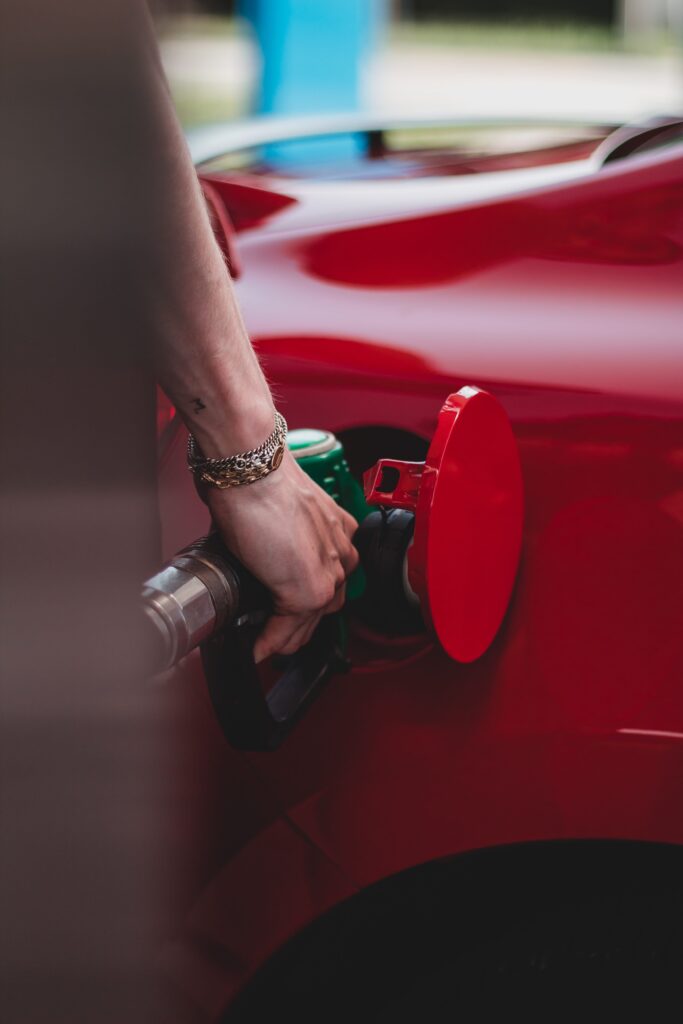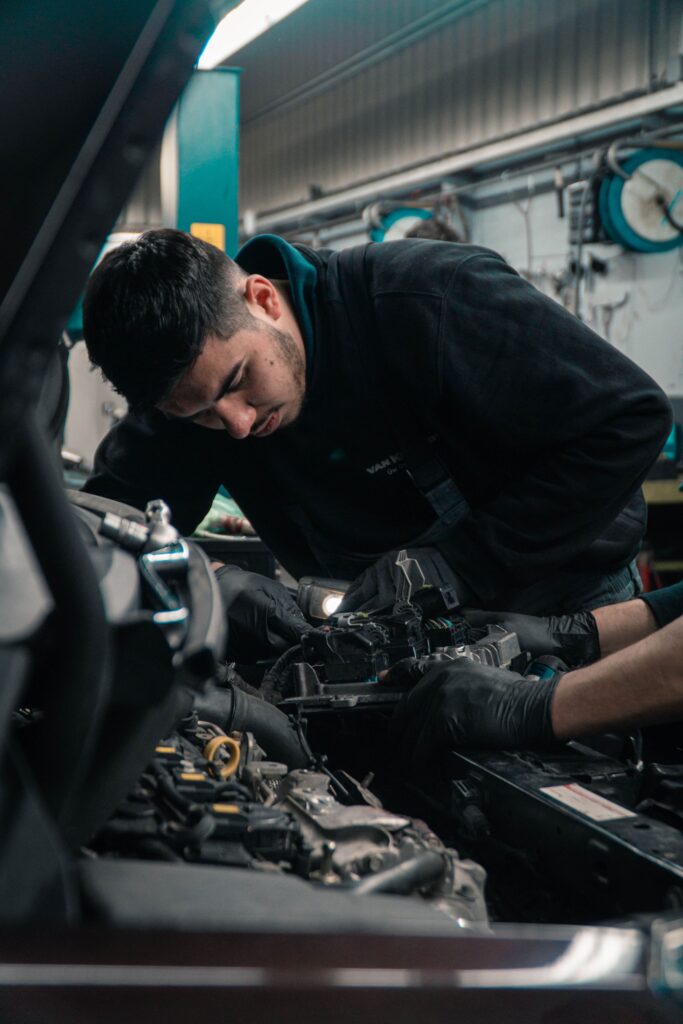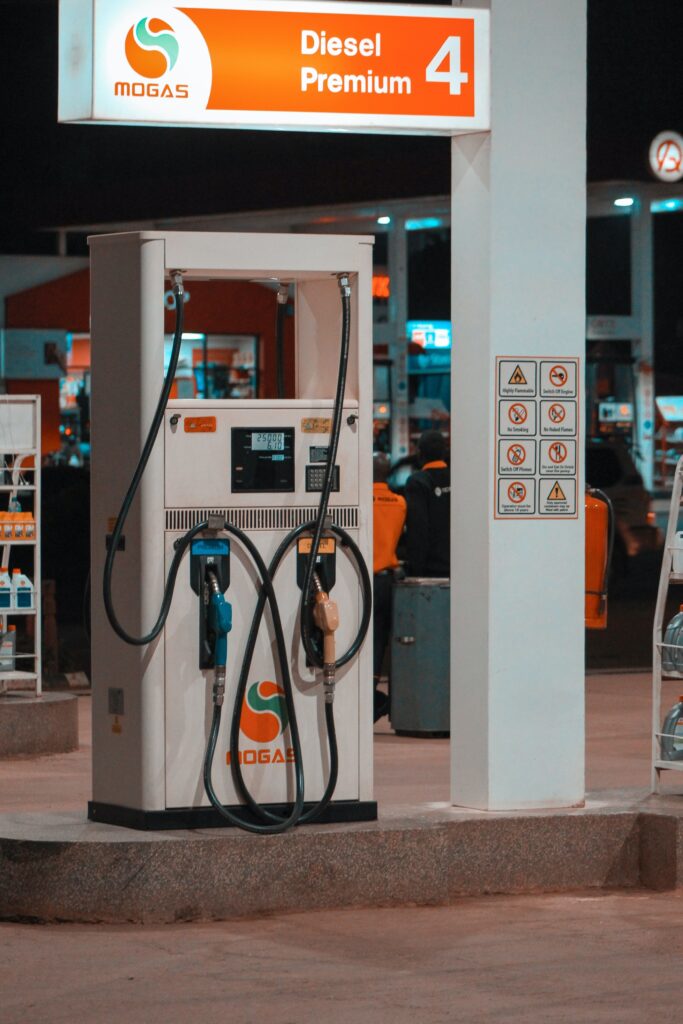What is High Octane?
You may have noticed that gas stations in the United States usually sell three types of gas at three different prices. With the increase in gas prices after the Russia-Ukraine war and inflation, the difference between these gas prices is expanding.
And to add to that, most car manufacturers are calling on consumers to use only high Octane gas for their latest models. So what really is high Octane gas, and is it really worth spending more on it? How is it different from other gas? What happens if you use lower-quality gas?
Octane is the rating of fuel stability. The higher the octane number, the more stable the fuel is. There are three main grades of gas in the United States based on octane levels
- General- Normally, Octane 87. This is the cheapest type of gas
- Midgrade-medium octane level of 89-90
- Premium-this is the highest and most expensive octane level and ranges from 91-94.
Is high octane fuel better?
So when a car states that you must use only premium octane fuel, does it mean that you must continue to spend more expensive fuel and drill a hole in your pocket? The answer is no. Thinking that using lower quality fuel will damage their car is probably one of the most widespread myths car drivers have. Low octane does not necessarily mean less efficient or low quality fuel. And high octane does not mean there will no longer be dirt or fuel deposits in your engine.
If your car recommends that you use high octane fuel, it also means that the car would run just as fine with regular fuel. And no, the engine will not be damaged, as commonly thought. The performance of the car might slow down by half a second, but you’re not bound to notice it.

If your car does not recommend using a high quality octane, then it is not worth for you to be spending more on high octane fuel. Your car’s performance will not increase as a result. You are only paying more money unnecessarily.
But sometimes, when a mechanic recommends you to use higher octane fuel due to the rattling and knocking engine, then it might make sense for you to spend more.
Years ago, drivers used to buy high octane gas at least once a year because it contained more detergents and other additives than normal fuel. This helped to clean the car’s engine. But now, the government has imposed many regulations to cut down emissions, and as a result, most major gasoline brands have additives to prevent pollution and protect the engine in all octane grades.
Does high octane damage your car engine?
You might have thought that the higher the octane, the better it is for your car. But fortunately, that is not the case. If your car does not recommend a high octane fuel, but you nevertheless keep spending on premium octane fuel, your engine might be damaged. High octane fuel achieves a higher resistance and has faster ignition. But if your car is not designed to have an ignition as fast, it might lead to problems.
Continuously using higher octane fuel does not necessarily mean your car benefits in any way. But on the contrary, prolonged use of high octane has proven to have some negative consequences.
Modern smart cars can protect their engines.

Switching to low octane fuel is unlikely to damage your car. Let me explain why.
An important reason high octane fuel is more expensive is that it contains a substance called alkylate. Alkylate increases the Octane rating and helps prevent engine knock or pinging. High octane gasoline can be compressed and heated to a greater degree without self-igniting. So high performance engines use premium fuel.
Old cars could not deal with varying levels of octane in fuel and would lead to engine knocking if the wrong fuel was used. But modern cars have engine control systems that can compensate for low octane fuel by avoiding ignition timing. This capability gives drivers a lot of flexibility to use any octane fuel they want.
BUT
Lower octane gasoline doesn’t allow the engine to run as much ignition advance during rapid acceleration, compared to high octane fuel. Having more ignition advance means spark plugs fire sooner, making more power and accelerating more quickly. So in cars where manufacturers state they need premium octane fuel, they might have slower acceleration.
This slight slowness of performance is noticeable in turbocharged gasoline engines. But otherwise, you can only notice it when accelerating rapidly from a dead stop or when changing lanes at highway speeds. If you accelerate moderately, the octane of the fuel you use is barely noticeable.

So is high quality fuel good?
Yes, high quality fuel is good for your car. But high quality does not mean high octane fuel. In fact, the fuel of some gasoline companies are better than others, as they each have their own compositions and additives. Refer to this to know the best gas companies in the United States. Choosing the best fuel out of these will help your car, and the environment, as good quality fuel has additives to prevent pollution and prevent build-up in engines.
On an after note, it is always better to buy cars that do not require premium octane fuel because it would cost you more in the long run.
Does the color of your car make it more accident-prone? Read this article to know why choosing the perfect car color is important.














